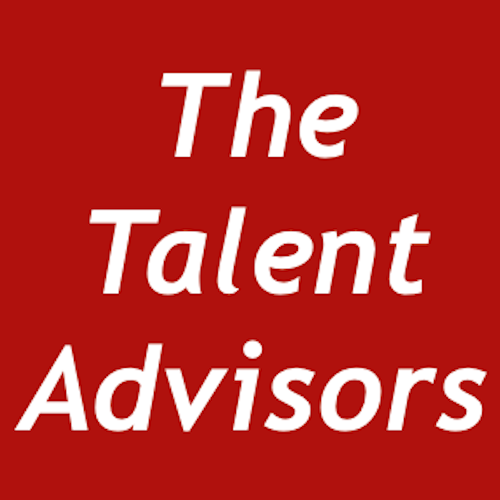ASSESSING A BOARD OPPORTUNITY
This article is part of our Insights For Action series. Join the mailing list to receive this and more.
Executives aspiring to be a non-executive director can expect considerable effort before making it to the short-list and are then too invested to walk away or underestimate the impact of any early warning signs.
‘trust but verify’ when considering a board opportunity
What are your ‘deal breakers’ or ‘red flags’ for joining a board? Which hard and soft factors should be questioned? What are your risks, including reputation? Where should an aspiring director draw the line?
In addition to your usual due diligence, the following considerations are valuable :
Business of Business: do you believe in the mission of the business and the capacity to deliver? Do you understand the business model? Understanding the many subtleties in any given business model also means an understanding of the impact on strategy, finance and risk. Are you comfortable with where the company is positioned along its life cycle? Is the financial position strong? Are governance practices sound? Can they and the organisation perform and deliver what is expected?
Strategic Value: does the board have a strong focus on validating a strategic plan that creates shareholder and customer value? Is there a fundamental decision with long-term impact, perhaps on strategy, which you could not support? Does the board know how the roles of management and the roles of governance differ?
Competent Management: is management competent to run the business and are ethical with values aligned at executive and board level? These are two areas you would not want to compromise. Have you asked of any significant disputes affecting the company and are you satisfied with the board’s stance? Does your review of the financial statements; recent management accounts and forecasts raise unsatisfied concerns?
Director Skills: it is best for the board to consist of a mix of functional expertise, industry experiences, qualifications, ethnicity and gender for diverse perspectives on complex and wide-ranging issues. How does the board assess, renew and replace directors? Are there any gaps in the skills matrix or the nominations process to trigger a concern? Is there sufficient talent to allocate to the various committees? Is the Chair a skilled leader and facilitator?
Reputational Risk: weigh reputational risk against the exposure of solving difficult challenges. Naturally, you would want a sound industry, business model and track record. You would also want the Chair and fellow directors to be of high-calibre with strong profiles.
Boardroom Dynamics: will you fit in, learn and enjoy the interactions? Is there shared integrity, trust and respect? Have either your discussions or review of recent board agendas, papers and minutes indicated a balanced board, or a poorly led board, a divided board, concentration of power or a board in difficulty? Are differing viewpoints respected or are people labeled and alienated? Why do directors resign? Are there procedures in place for dignified resignations? Has the Chair set the tone and norms on ‘how we work’ in meetings and outside the boardroom? If you doubt you could work comfortably with the Chair, other directors or the CEO, then don’t.
Contributions Valued: respect from, and of, your fellow directors is needed to be effective. Are you clear why you are being invited to join the board and are you confident you bring what the board expects in terms of commitment, skills, diligence or care? Is what you are good at, better than others at the table or adds a strategic advantage to the skills matrix? Is the committee role complementary to your professional skill? Will you get the orientation and support in the early stages to avoid a false start?
Engagement Levels: commitment, preparation, transparency and openness to raise matters are key factors. Is there productive participation and questioning? An indicator of the strength of the board is its willingness to deal with under-performing or disruptive directors either through coaching or an annual board evaluation.
Mindsets: you would want to make sure issues are approached with intellectual rigour and the board willingly searches out best practice. You would also want a Chair who keeps a focus on what is material. Are broader drivers of business success developed? Are growth opportunities being taken or are they playing it safe?
Key Advice
Know what information you need to discharge your responsibilities and how to obtain it. Do thorough due diligence and proceed with caution as after you join a board it is difficult to maneuver a stress-free exit without suspicion.
Discover what support we offer aspiring directors or be added to the distribution list for future articles.
Copyright and All Rights Reserved | About Dianne Jacobs

